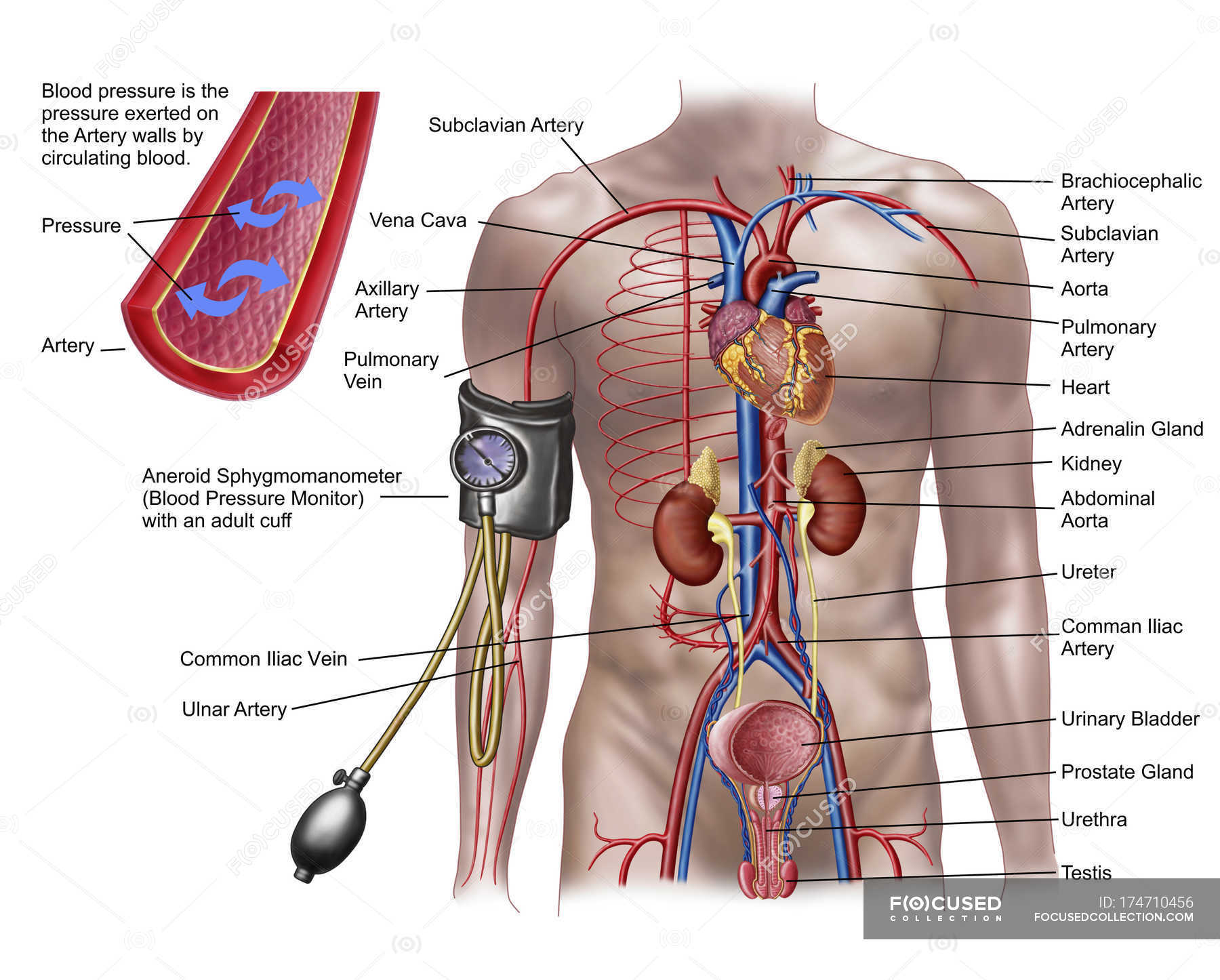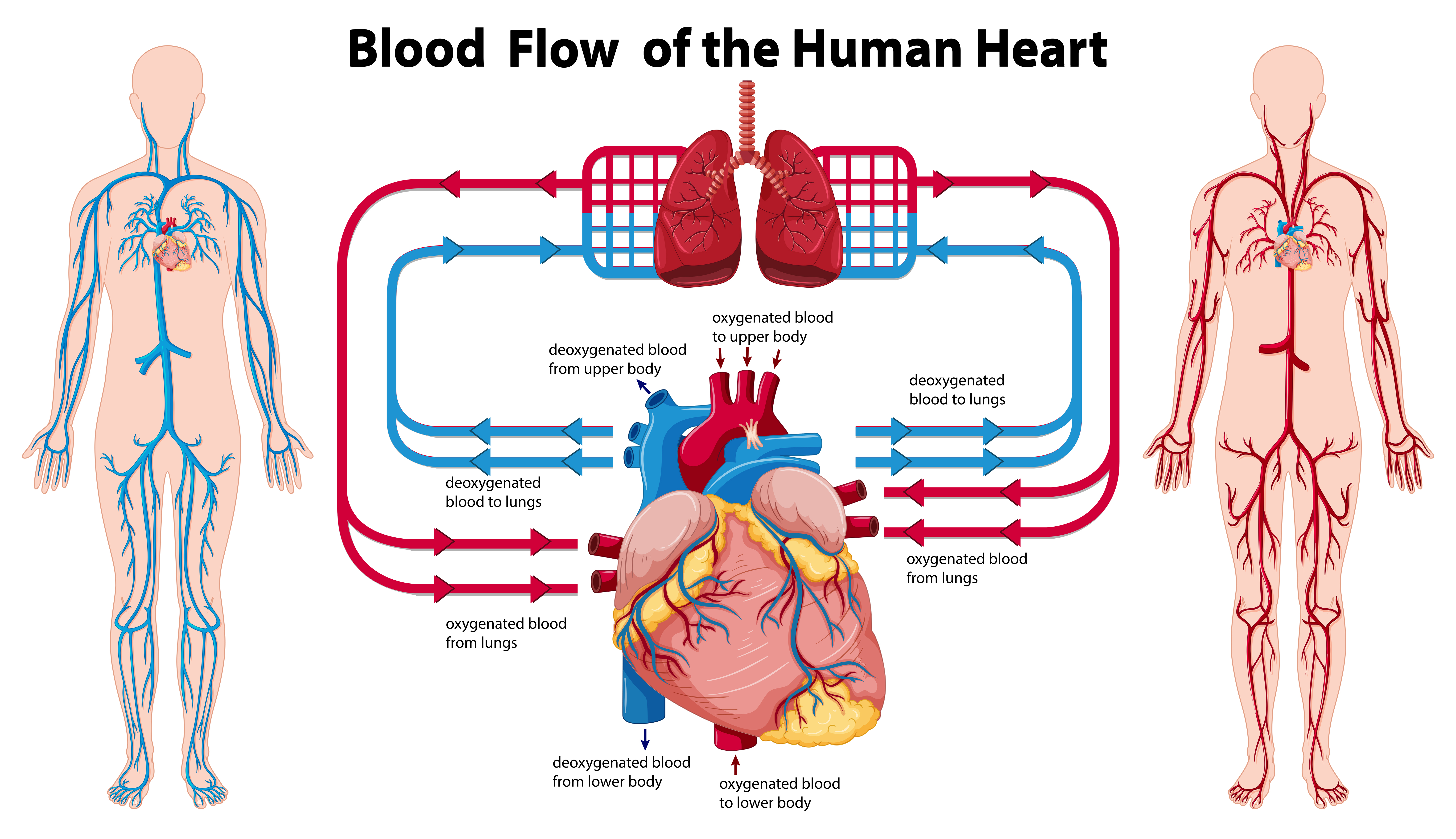


This makes the artery even narrower and further reduces blood flow. It could be that plaques form at sites of damage in the artery, and - as they harden and thicken with time - they narrow the blood vessel.Įventually, the plaque can burst, causing platelets to clump together into a blood clot (thrombosis) at the injury site. The exact causes of atherosclerosis are unclear, but there is evidence to suggest that it is complex, starts early in life, and speeds up with age. These plaques consist of substances that are found in blood, such as calcium, fats, and cholesterol. Most heart attacks and strokes are due to atherosclerosis, a disease in which plaques build up in the lining of arteries that deliver oxygen- and nutrient-rich blood to the heart and the rest of the body. In the United States, approximately 790,000 people have a heart attack and 795,000 people have a stroke every year. “But,” he adds, “we usually don’t want platelets to block blood flow in the vessels.” If the blocked blood vessel is in the heart or brain, for instance, “it can cause heart attack, stroke, or death.”Īs Ni and his colleagues note in their study paper, “Thrombotic disorders, such as heart attack and stroke, are the leading causes of mortality and morbidity worldwide.” Michael’s Hospital Keenan Research Centre for Biomedical Science, “because it can stop bleeding in damaged vessels.” “Platelet aggregation can save lives,” says senior study author Heyu Ni, a platform director in the St. They report their findings in a study paper that now features in the journal Nature Communications. They also suggest that ApoA-IV could work to slow down inflammatory conditions - such as those that gradually clog arteries - without hampering the “platelet aggregation” that stops bleeding.

Michael’s Hospital in Toronto, Canada, have shown that ApoA-IV stops blood platelets forming into blood clots. Now, for the first time, scientists at St. The protein is called apolipoprotein A-IV (ApoA-IV), and evidence already exists to suggest that higher blood levels of it are linked to lower risk of cardiovascular diseases. National Institute on Drug Abuse: “Electronic Cigarettes (E-cigarettes).”Īmerican Academy of Otolaryngology-Head and Neck Surgery: “Smokeless Tobacco.Share on Pinterest The unsaturated fats in olive oil could protect against heart attacks and stroke. Harvard Business Review: “The Many Benefits of Standing at Your Desk,” “Boosting circulation with compression stockings.”Ĭirculation Foundation: “A Healthy Diet.” Harvard Health Publishing: “Yoga for Better Sleep,” “The 4 most important types of exercise.” National Center for Biotechnology Information: “Effects of a mini-trampoline rebounding exercise program on functional parameters, body composition and quality of life in overweight women.” University of Washington: “12 Reasons Yoga Helps Improve Life Span.”Ĭleveland Clinic: “Aerobic Exercise,” “The Truth About Dry Brushing and What It Does for You.”Īrthritis Foundation: “12 Benefits of Walking.” Johnston UNC Health Care: “5 Tips To Improve Blood Circulation.” Mayo Clinic: “Arteriosclerosis/atherosclerosis.”Ĭirculation Foundation: “Vascular Health.” Circulation Foundation: “The Circulatory System.”ĭ.uk: “Poor Blood Circulation,” “Diabetes and Smoking.”


 0 kommentar(er)
0 kommentar(er)
